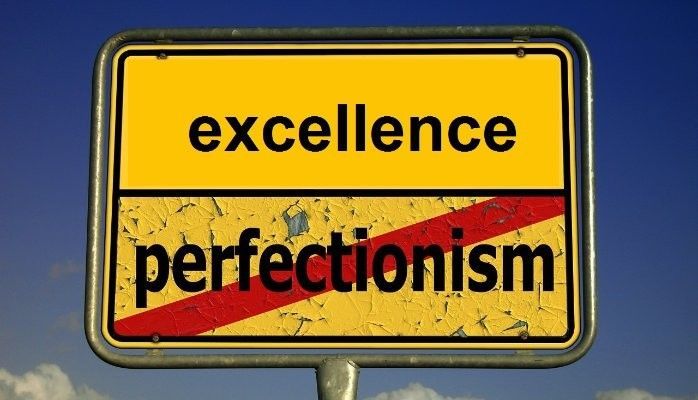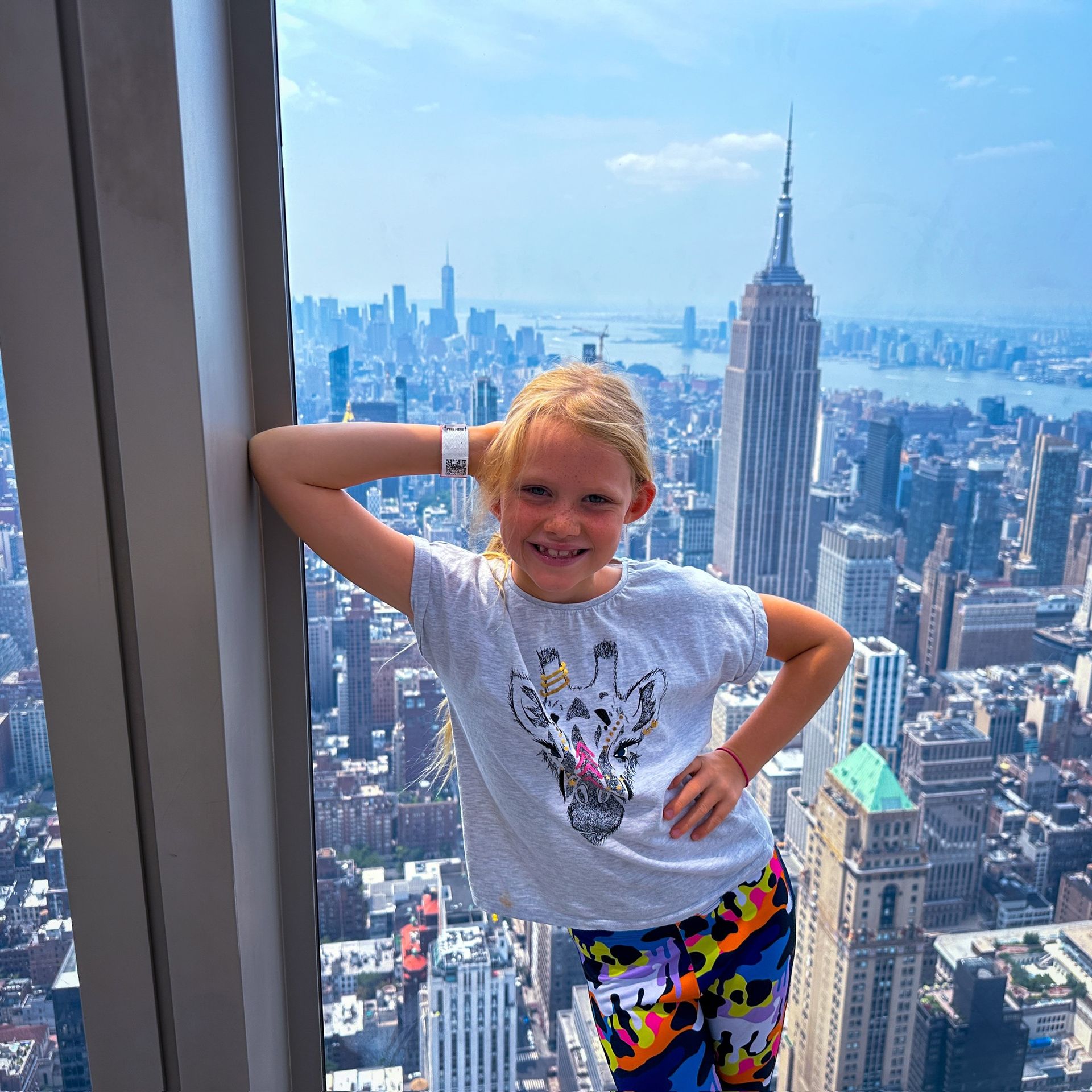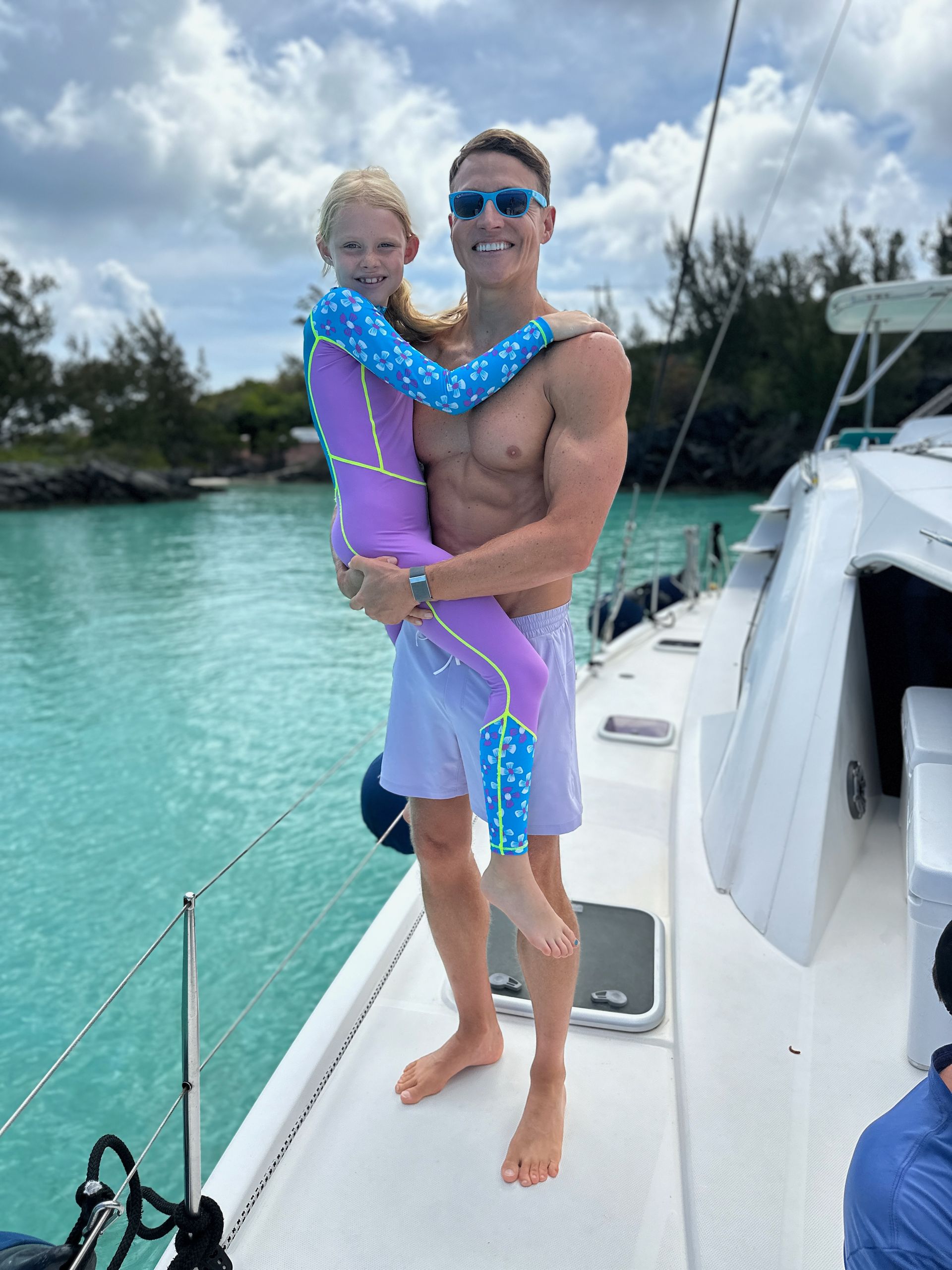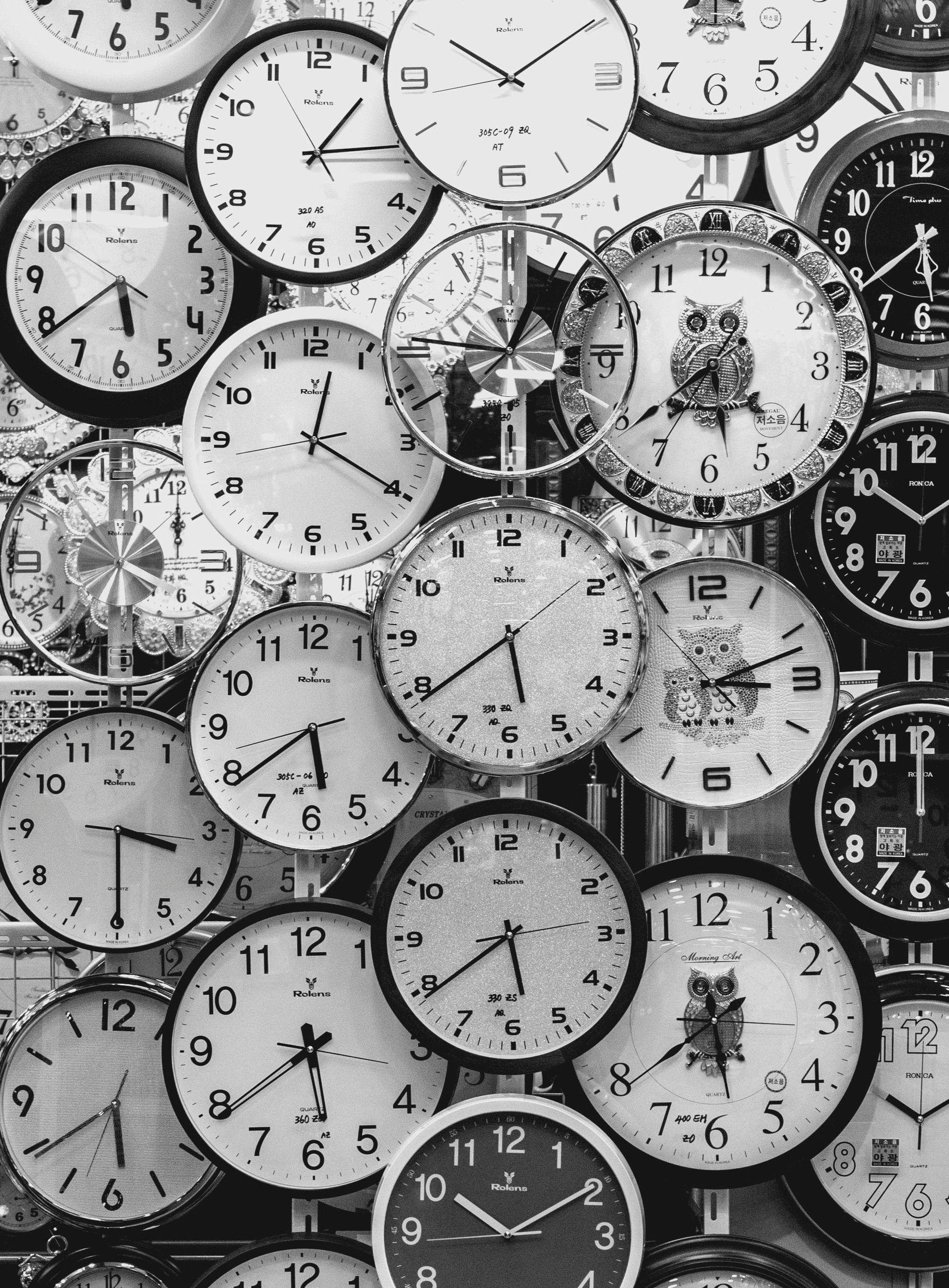Learning: More Than Knowledge Consumption
“Learning is not memorizing information. Learning is changing our behavior.” These words, shared with me by a good friend, immediately struck a chord. As someone who consumes an immense amount of knowledge – over 100 books a year, countless podcasts, articles, and more – I felt compelled to reflect on my own learning journey. Am I truly learning, or am I merely a repository of information? This introspection led me to consider the distinction between consuming knowledge and genuinely learning from it.
Every day, we are bombarded with a wealth of wisdom, a proverbial firehose from which we eagerly drink. But as I delved deeper into the meaning of learning, I realized that intellectual understanding alone does not equate to true learning. The real measure of learning is how much we integrate that knowledge into our lives, altering our behavior and perspectives.
This reflection was a key reason behind the exercises and worksheets I included in my book, Get Out of My Head: Creating Modern Clarity with Stoic Wisdom. I wanted to provide readers with tools to transform inspiration into lasting change. Too often, I’ve witnessed people, including myself, be moved by a speech, a book, or an event, only to return to their old ways once the initial spark of inspiration faded. Inspiration should ignite a sustainable flame, not just a fleeting flash that leaves no warmth behind.
There's a saying that we see in others the shortcomings that bother us most about ourselves. This certainly rings true for me. Despite my voracious consumption of knowledge, I often find myself falling short in incorporating these insights into my daily life. This recurring struggle is why I make it a point to reread certain books annually – Tao Te Ching, Meditations, and Leadership and Self-Deception are a few of my staples. Each reading offers fresh insights and a chance to regain something I might have lost over the months.
However, this brings up an intriguing question: can we label this process as learning? While I was grappling with my perceived inadequacies, my friend provided a comforting perspective: “I’d give yourself more credit. You implement far more than most anyone I know.” Perhaps part of the issue lies in perception. If you consume 100 units of knowledge and only manage to change your behavior with 40 of those units, it might seem like you haven't learned much if you focus on the 60 you missed. In contrast, someone who consumes only 10 units and implements all might feel more successful in their learning journey, despite the absolute change being less.
So, what is the right answer? Is it better to consume vast amounts of knowledge and implement a smaller percentage, or to consume less but integrate a higher percentage? Honestly, I don't have a definitive answer. What I do know is that the right approach does not involve avoiding new knowledge or failing to apply what we learn.
Instead, I propose a deliberate approach to knowledge consumption. We should continuously seek out new wisdom and strive to internalize it, even if we aren’t always perfect in our application. The abundance of knowledge available to us is staggering – more than we could ever fully process in multiple lifetimes. The key is to actively engage with this wisdom and make consistent efforts to change our behavior based on what we learn.
To bring this full circle, let’s embrace the idea that learning is an ongoing journey. It’s not about achieving perfection but about making continuous progress. Each small change in our behavior, inspired by the knowledge we consume, contributes to our growth. Whether we consume a lot or a little, the ultimate goal is to allow this wisdom to shape us in meaningful ways.
Happy learning! And remember, the only wrong approach is to stop seeking knowledge or to fail to let it transform you. Let's continue to drink from the firehose of wisdom and strive to integrate its lessons into our lives.











